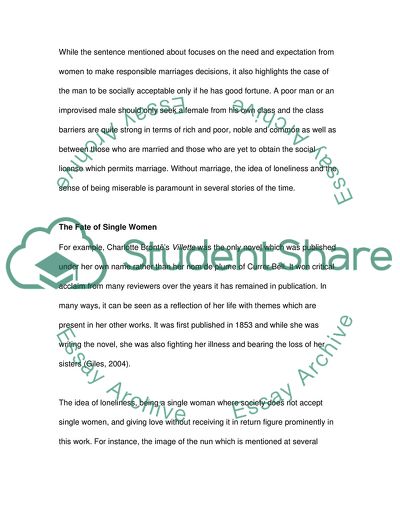Cite this document
(The Theme of Marriage in Pride and Prejudice by Jane Austen Assignment, n.d.)
The Theme of Marriage in Pride and Prejudice by Jane Austen Assignment. Retrieved from https://studentshare.org/literature/1705869-romantic-century
The Theme of Marriage in Pride and Prejudice by Jane Austen Assignment. Retrieved from https://studentshare.org/literature/1705869-romantic-century
(The Theme of Marriage in Pride and Prejudice by Jane Austen Assignment)
The Theme of Marriage in Pride and Prejudice by Jane Austen Assignment. https://studentshare.org/literature/1705869-romantic-century.
The Theme of Marriage in Pride and Prejudice by Jane Austen Assignment. https://studentshare.org/literature/1705869-romantic-century.
“The Theme of Marriage in Pride and Prejudice by Jane Austen Assignment”. https://studentshare.org/literature/1705869-romantic-century.


